dating a woman with ptsd
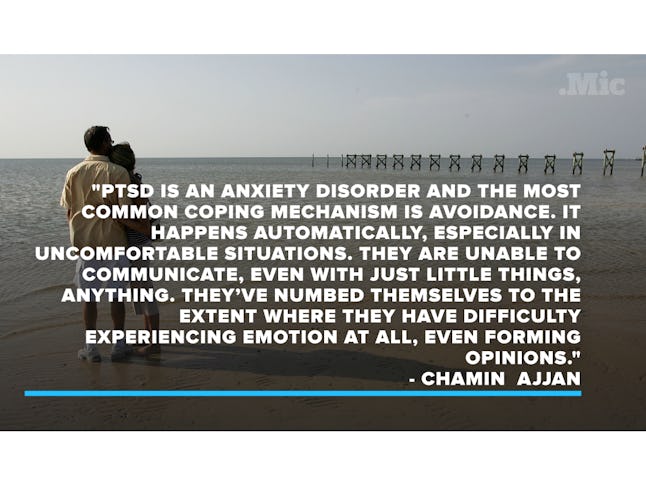 What It's Really Like Dating Someone with PTSD
What It's Really Like Dating Someone with PTSDBeyond Blue Support ServiceLoginLoginBeyond Blue Support Service. Tips. ActionSupport Beyond Blue Help us improve the lives of people affected by anxiety, depression and suicide. Online Forums Before you can publish or respond in these forums, please complete your profile Before you can publish or respond in these forums, please the Forum membership is open to anyone who resides in Australia. Item: 6 Things I would like to know before dating someone with anxiety and PTSD Hello, My name is Raman and I recently joined Bluevoices and this will be my first thread on something I have endured and learned recently. I'm 32 years old, a former depression sufferer for about 12 years and was recently in a relationship with an amazing woman who suffered anxiety and post-traumatic stress. His past wasn't pretty. However she as bright as the sun and covered her scars well. For the 3 months we were together I can say that this was by far the most challenging relationship I had ever been in. I feel like I'm not the only one who's dated someone with anxiety/PTSD so I hope that honest message and advice can help anyone who has known similar circumstances. 1) Do not take personal things - Over time I learned not to look through my eyes, but yours. It's the early stages I always thought 'she doesn't like me' or 'what did I do to make her angry?' The reality was that his reactions were not a reflection of me, but of his past and what he had endured. (2) Let them come to you - I have typically been the type of man to take control and plan things. I don't have problems being affectionate and showing that, however, dating someone with PTSD you have to be aware of this and take the back seat. When they are ready, they will come to you. 3) Give space - This was very difficult at first. When you meet and start dating someone you like, natural progression is spending more time together and see us often. This was not the case with her and our relationship. They may have a feeling of being overwhelmed and I picked up this and had to learn to give space and take the slowest things from normal. 4) Research - My ex had been raped at a very young age by a group of older men. Horrible beyond imagination. I took the time to make a a lot of research on rape and the side effects it may have on people. She knew she did many research and smiled when she found out and thanked me. 5) Hot " cold - One moment she was holding my arm tightly and smiling, the next one was going away and shut up. Respect that this will happen and it is when your partner cools, you need respect and you don't take it personally and give space without them feeling bad. 6) Not digging through the past - When I asked, the visual contact went away! We all have a past. Not everyone could be as open as you could by sharing it. I hope this will help you and thank you for reading. Greetings, Raman. Hello Raman A remarkable news post. You took the time for all of our readers to know what they like to associate with a sufferer and how to address the possible ossus that arise. Thank you. Tony WK Hi RandRWelcome to the forums I agree with TonyWK about what a great thread / post theme you've made will help so many readers and posters in the forums I hope you can stay in the RandR forums. You have not only had the experience with depression, but also has a sense of clarity and understanding with this disease too. What an inspiring thread! my kind thoughts Paul Dear Raman As a person who has suffered PTSD I think all you have said is punctual. It's a good summary of many of the things my wife had to do while trying to take care of me. (She also had work, domestic work, caring for our child and more) There's only a couple of things I'd like to add, if possible. (Although the actual number of symptoms may be much higher). First, a person with PTSD may be - sometimes - so disconnected from him/her being they do not know how they feel, if they love, if they can. Fortunately, or I, this period was not too long, although it came and was. The second thing - and anyone who reads his post will have already done this - is that the caretaker has to have not only the strength to continue going in the long term, but also the faith in his own to overcome the impulse to self-blame and feel that they are contribution to his ups and downs partners. There's a reward at the end. As time passed, I came to see my wife and was able to offer more and more the love and care that I had given so freely. Thank you for your position. CroixThanks Ramanyour heart is a care that has put the help you have today(70% of the successes to the beyond the Blue Forums are 'read only' that is good) You have helped more people than you know RamanJust to let you know that you had chronic anxiety from 1983 to 1996 followed by depression during the next 21 years and you know to have quality of life again (90% of it) through a great network of greater support from Paul I just wanted to thank you for your very kind and informative post on things to be aware of when you quote someone who has experienced rape and who suffers continual anxiety and PTSD. I am one of those people! And I really appreciate that there are people out there like you who care, and that you can see beyond the symptoms and low points of those of us who suffer the debilitating symptoms that come with PTSD as a result of rape. It is common for survivors of sexual violence to experience many confusing feelings that create anxiety, anger, mistrust and the feeling that they are not sure. Everyone's response to trauma is a little different, yet I think what the dominant partners need to do is to learn to be patient with them. The 6 points you mentioned in your opening post, all allude to the need for patience. All very true, in my own personal experience. Raman, I commend you for your kind understanding and obvious patience during what would have been an emotionally difficult time for you. It's good to see that there are still some good men out there! Well done. T xxHi Paul, thank you for your response and I'm so glad you've had a support network. Something I didn't have much at the time. Thanks again. Hi T, it means a lot to you to comment and hear from someone who suffered what he did. Patience was, without a doubt, key, in fact, a new kind of patience. Thank you for the kind comments and I hope you're okay and definitely sound like a great person and strong on it :) Hello RandR. I know it's been years since you published this, but it seemed very useful. I just met someone who's been diagnosed with ptsd. You said in your post that the initial stages were difficult and slow and sometimes tried to find out what he did wrong. I'm going through the same thing right now. He had more than a week of silence and im fighting to figure out how to handle the situation. I'm very tempted to come and send a message, but I have the impression that it's not a good idea like this that you say they should come to you when they're ready. My question is, how long it could be especially in the dating phase where a relationship has not been established. Do you have any advice on how I should handle this? Dear MikeySe~Welcome here, for the sound of it you are in a loss of what to do, which is only natural, is not a usual situation. Because I don't know the circumstances that I can't make specific suggestions. All I can do is say about my own experience I had PTSD, outbreaks of depression and anxiety, I still do but they are much less and a I have a pretty good life. When things got bad, my partner took everything, believing it was the cause or the fault. This was just not the case, and she had to have that which explained to her by my psyche, after which she had more confidence. I realize you mentioned apologies, I'd be surprised if you'd done something. Under her a message is good. Although my partner's questions bothered me at the time she was there for me was a long-term comfort. So saying you're there for her won't hurt and she can do something good. Look what his reaction is. I guess the most productive thing that can happen if your friend has PTSD is that he receives competent medical support. I was just getting worse until that happened. I don't know if that's already happening, or if you're not in a position to suggest this. There may be others, their parents, for example, who might be in a better position to persuade her. Please let us know how you're secret Dear MikeySe~In the first place of my apologies, I was a little far away in February and I didn't read your post. I try to put a 'Pesca de Dogs - back in a while' to avatar instead of my portrait :) when I am not here. You think drinking and sprouting is gonna do something good? I don't drink as much as I take too many medicines, however when my friends tend to increase their problems, concentrate on the only thing. The fact that you haven't had a positive response is probably nothing to do with you, but your condition. You're probably right, you see things as barriers, I wouldn't have been raising barriers at that time, just too mentally stretched to be able to cope with someone else and ignored them. I needed to be alone. You don't mind that it's not a good idea, medical and personal support is what it takes - longer. Now we come to the part that worries me, you said, "I'm thinking of surrendering. You mean you were thinking of quitting trying to contact this girl? Or had the whole situation come so low that you were thinking about taking your life? I'm sorry, but I feel like I have to ask, 'cause a lot of relationships are big in their lives. I hope you speak moreCroix Hey Croix, what a very elegant message! Thank you for that. I am not in any way suicidal, so you can relieve your mind on it :) I appreciate the concern however. This girl tells me that the people of my life are blessed to have me, so I don't hear from her for like two weeks. It's a step forward, five steps back and I feel like I'm embarrassed more Hello CJM, I'm sorry to hear the situation you're in. It sounds like you really care about this person and you care about her. I think sending her a message to say you're thinking about her would be a good gesture. She's not asking anything to her, just let her know that you care... I don't think you have to expect any answers if she's still trying to deal with things on her own. But at least he'll know someone cares. I would also like to thank you for restarting this thread. It has very useful information for caregivers. And again I find Croix's words to be so insightful and full of hope. The second thing - and anyone who reads his post will have already done this - is that the caretaker has to have not only the strength to continue going in the long term, but also the faith in his own to overcome the impulse to self-blame and feel that they are contribution to his ups and downs partners. There's a reward at the end. As time passed, I came to see my wife and was able to offer more and more the love and care that I had given so freely. Thanks again. Hello again, CJM, I just reread your post. I realized that he didn't refer to this person as 'he' or 'she' and I'm not sure why I made the assumption that this person is female. So I'd like to say I'm sorry about the assumption. Stay in touch with us Please enter below for regular emails full of information, advice and support for you or your loved ones. Talk to us, we'll aim you in the right direction Call 1300 22 463624 hours / 7 days a week Chat online1pm - 12am / 7 days a week Send us an emailGet an answer in 24 hours Forums online24 hours / 7 days a weekFind out more than usual in: Get support FactsDiscriminationAbout BlueFor. ..
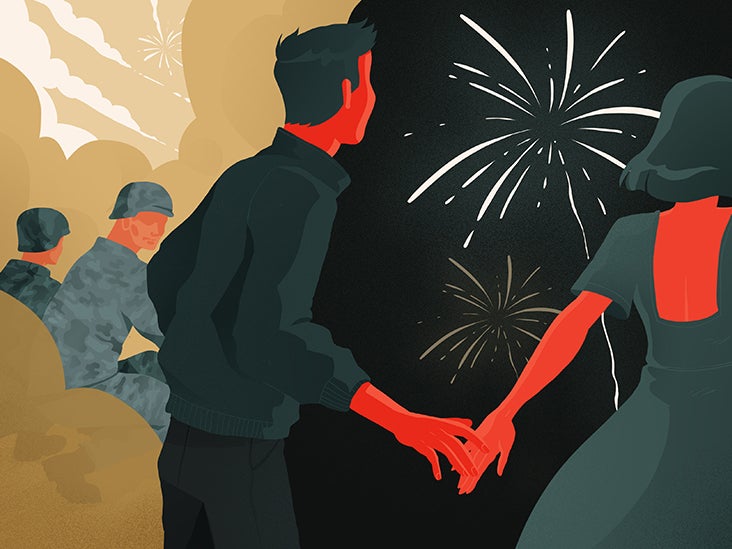
Dating Someone with PTSD: Depression, Anxiety, and More

10 Tips for Dating Someone With PTSD | Black Girl Lost Keys

PTSD Dating

PTSD Dating

6 Things I Learned from Dating Someone with PTSD

10 Tips for Dating Someone With PTSD | Black Girl Lost Keys

PTSD Dating
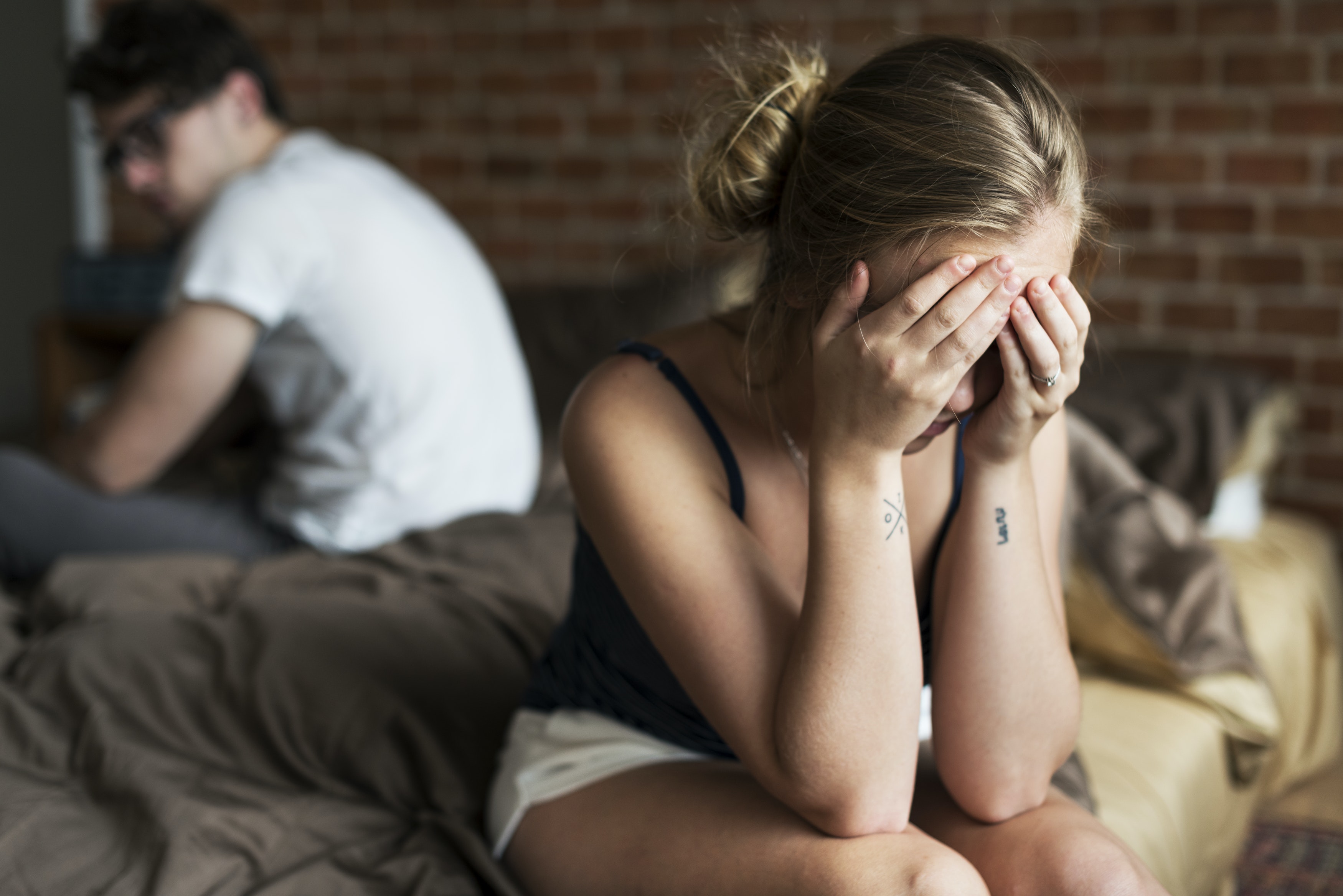
Things To Keep In Mind When Dating Someone with PTSD | BetterHelp
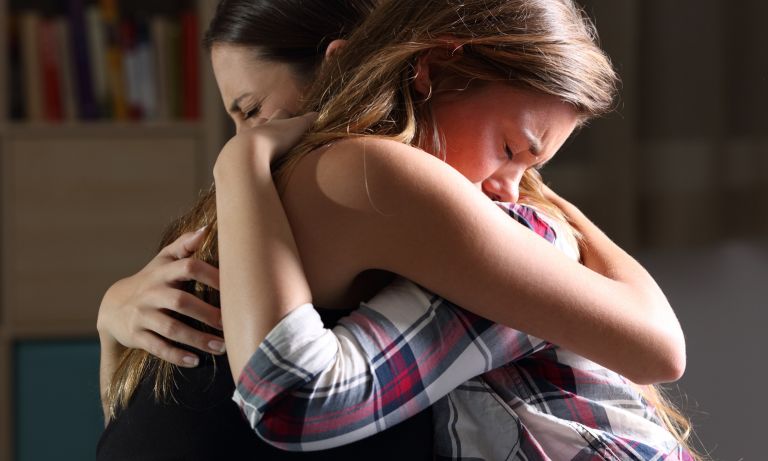
Helping Someone with PTSD - HelpGuide.org

PTSD Dating

Dating A Woman With PTSD - Women.com

Dating Someone with PTSD: Depression, Anxiety, and More

PTSD Dating
Dating someone with PTSD is probably one of the hardest relationships I have ever been apart of. But to be honest, I wouldnt leave him for the world.
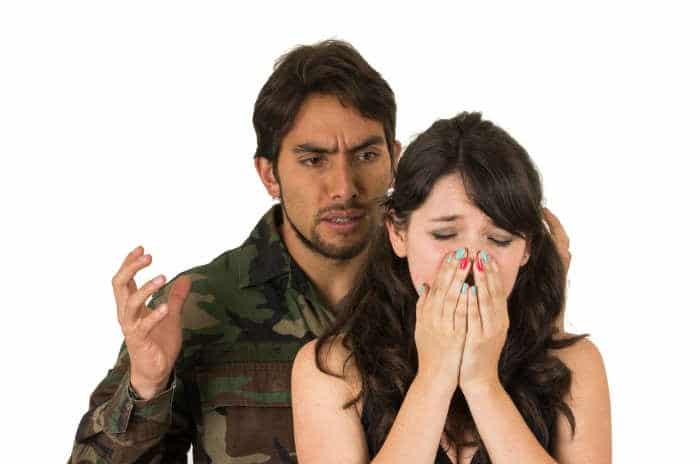
Dating Someone Who Struggles With PTSD | E-Counseling.com
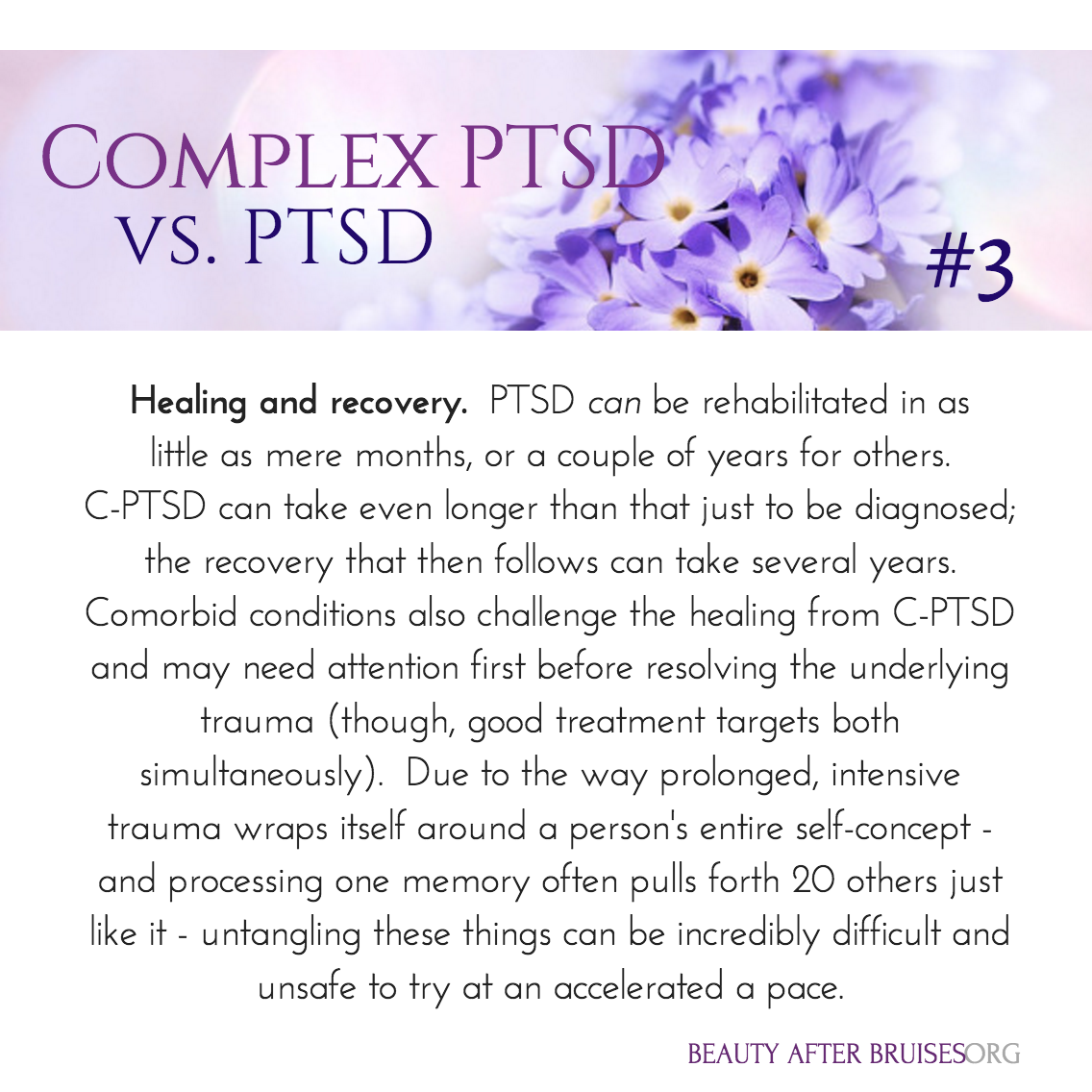
What is C-PTSD? — Beauty After Bruises

I'm a Veteran With PTSD. The Medication I Take Makes Dating Difficult. - The New York Times
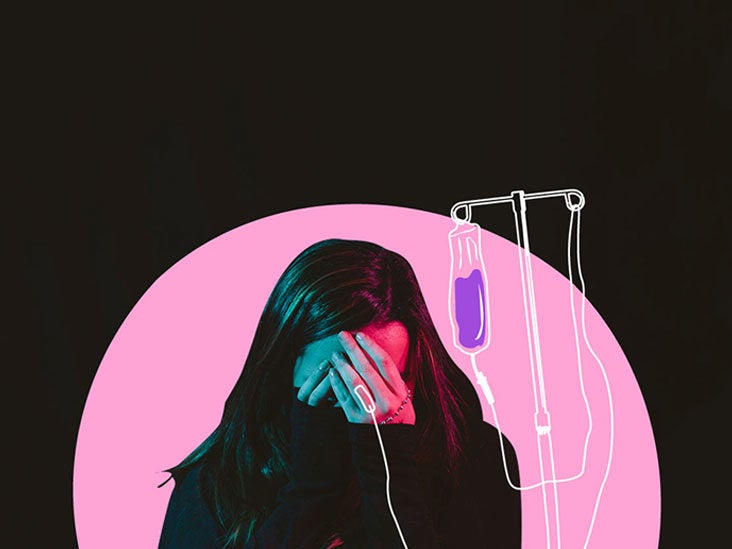
6 Things I Learned from Dating Someone with PTSD

Helping Someone with PTSD
post traumatic stress disorder Archives - Integrated Injury Specialists

Dating A Man With Depression - popularquotesimg

10 Things To Know If You Love Someone With PTSD | HuffPost Life

PTSD Dating

PTSD Self-Test - J. Flowers Health Institute

Supporting Women Recovering From Trauma and PTSD - Blog
/post-divorce-trauma-4583824_FINAL-24628df8f4cf41ca8b9a363dc59aa5a7.png)
Post-Divorce Trauma and PTSD

Dating Someone With PTSD May Feel Impossible, But Here's How To Have A Healthy Relationship (And Heal) | YourTango
5 Helpful Tips For Dating With PTSD | Thought Catalog

10 Tips for Dating Someone With PTSD | Black Girl Lost Keys
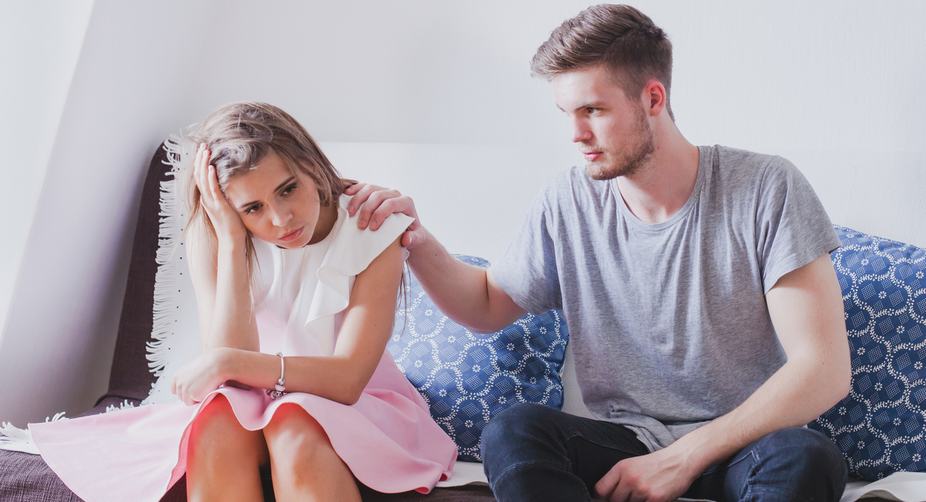
Shooting exposure can lead to PTSD in women - The Statesman
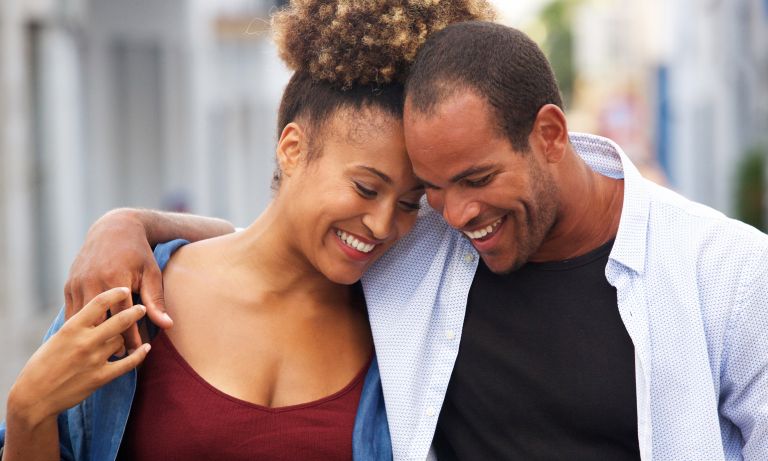
Dating Tips for Finding the Right Person - HelpGuide.org

Tips for Dating Someone With Post-Traumatic Stress Disorder | The Mighty

Women more than twice as likely to suffer from PTSD as men – and scientists are trying to figure out why | The Independent | The Independent

Post-traumatic stress disorder - Wikipedia

At the intersection of autism and trauma | Spectrum | Autism Research News

What It's Really Like Dating Someone with PTSD

Things To Keep In Mind When Dating Someone with PTSD | BetterHelp
/what-does-it-mean-to-be-triggered-4175432_V1-d89a818af7dd4f8cb9e39676b879834a.gif)
What Does It Mean to Be 'Triggered?'

10 Tips for Dating Someone With PTSD | Black Girl Lost Keys
Posting Komentar untuk "dating a woman with ptsd"